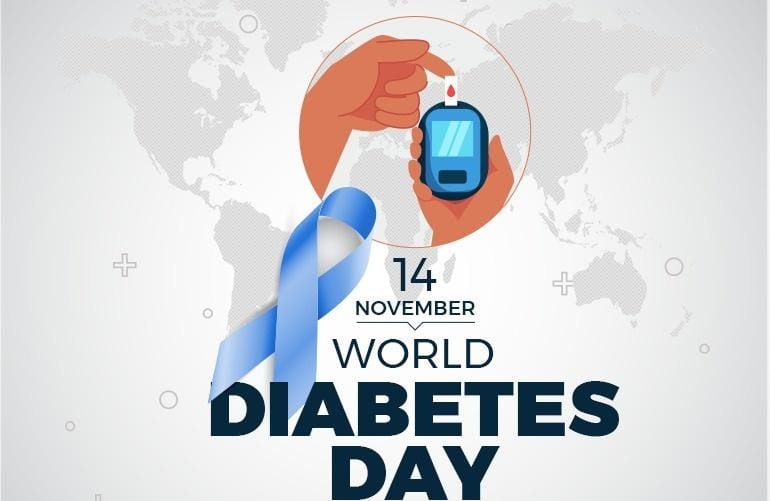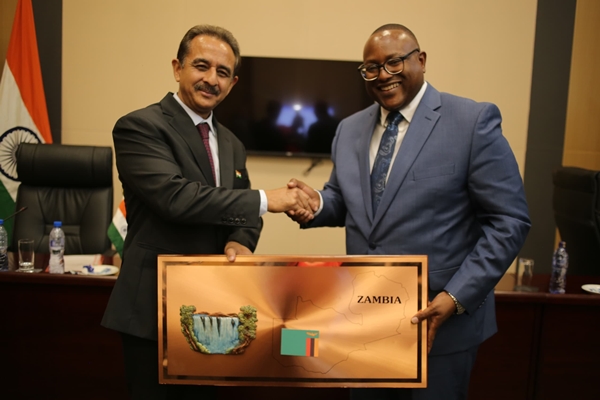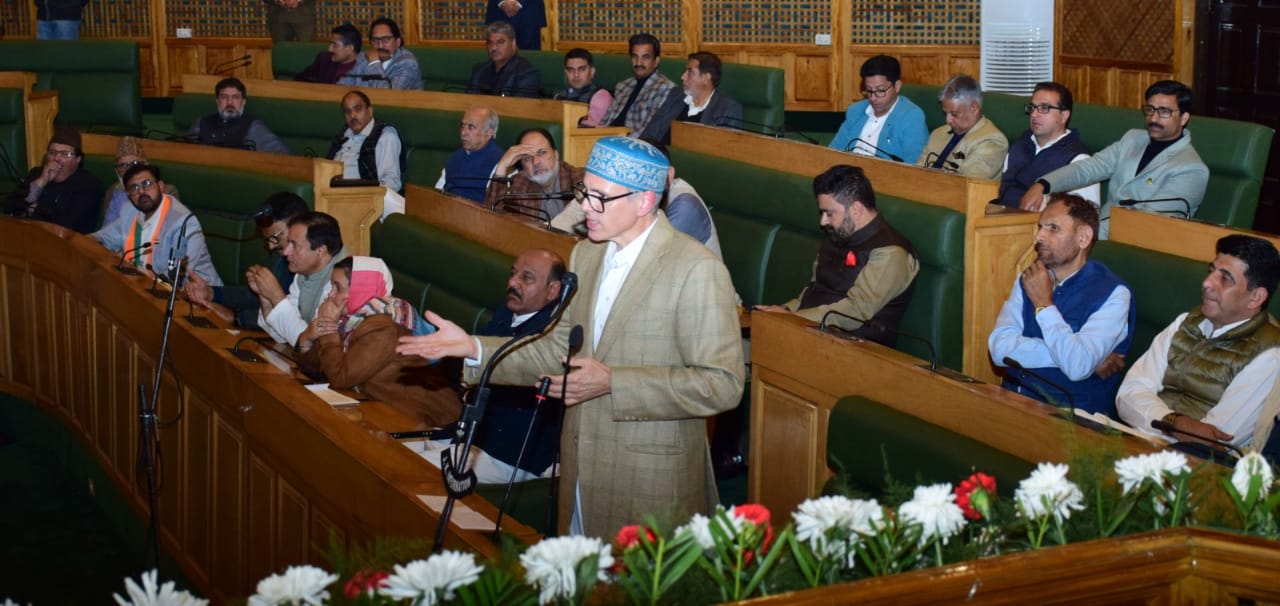World Diabetes Day was observed on 14 November worldwide to enhance awareness about diabetes. Over the years, diabetes has emerged as a critical challenge for humankind, affecting millions across the globe. This year, countries across the globe designed and organised events around the theme “Breaking Barriers, Bridging Gaps”.
Key highlights
- The World Health Organization (WHO) and the International Diabetes Federation (IDF) are the organising bodies of the event. In 1991, they introduced the concept of observing World Diabetes Day, considering the rising number of cases across the world.
- The United Nations recognised a resolution in 2006.
- Finally, in memory of Sir Frederick Banting, who was a part of insulin discovery research team, November 14 was declared a day to be observed as World Diabetes Day. Their discovery gave a new life to patients suffering from diabetes.
About Diabetes
- It is a chronic disease known as diabetes mellitus. It occurs when the body produces less insulin than required or cannot effectively utilise insulin.
- Insulin is a hormone produced by the pancreas to regulate blood sugar levels in the body. In the absence of adequate insulin, blood sugar levels rise, causing various complications related to the heart, kidneys, eyes, etc.
- The primary causes of diabetes are sedentary lifestyles and changing eating habits. Moreover, family history of diabetes, genetics, and obesity are also among the major risk factors.
Status of diabetes in India
- India is among the worst affected countries in the world, sometimes referred to as the Diabetes Capital of the World.
- Around 80 million diabetic patients live in India today. The number is expected to rise further to 135 million by 2045. It is a worrying state for the country.
- Most concerning is the fact that people of all age groups are developing diabetes, including children and youth.
- It severely impacts the potential of the existing and future workforce while increasing the burden on the healthcare infrastructure. This demands urgent attention from all the stakeholders, including common people and patients.
The government’s initiative to tackle the situation
- Considering the consistently rising number of diabetes cases, the government launched a dedicated National Diabetes Policy in 2017, aimed at decreasing the incidence by 20% by 2025.
- Moreover, the government launched numerous campaigns to increase awareness about diabetes and how to avoid and prevent its impact.
- The Food Safety and Standards Authority of India (FSSAI) also came forward with strategies to promote healthy eating habits in the country. It has immense potential to prevent the spread of the disease.
- Additionally, the government’s ambitious initiative, the Fit India Movement encouraged people to embrace fitness techniques and routines in their lives, such as yoga.










